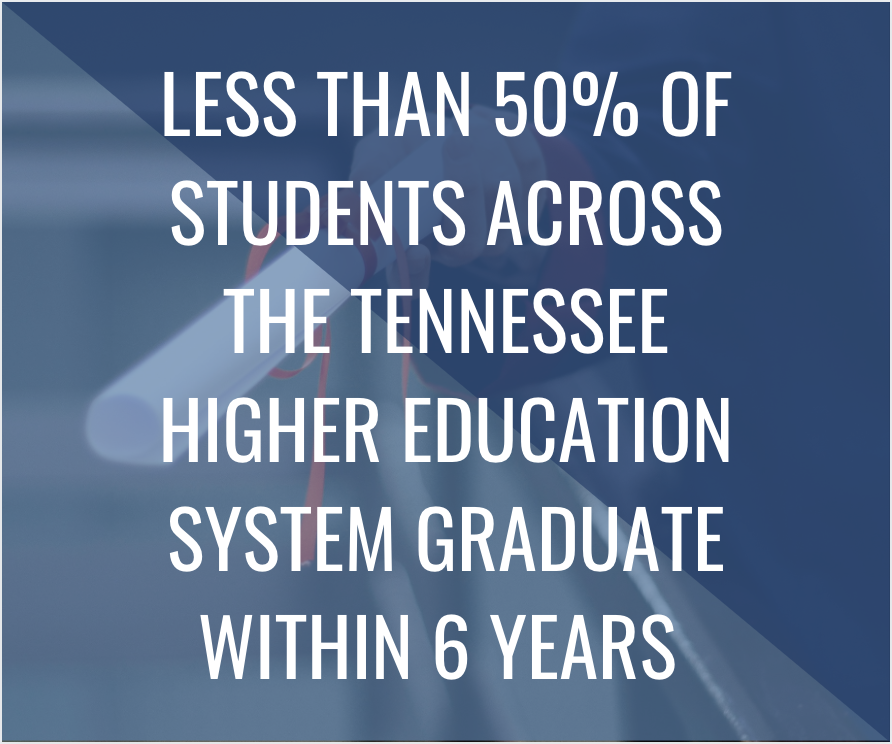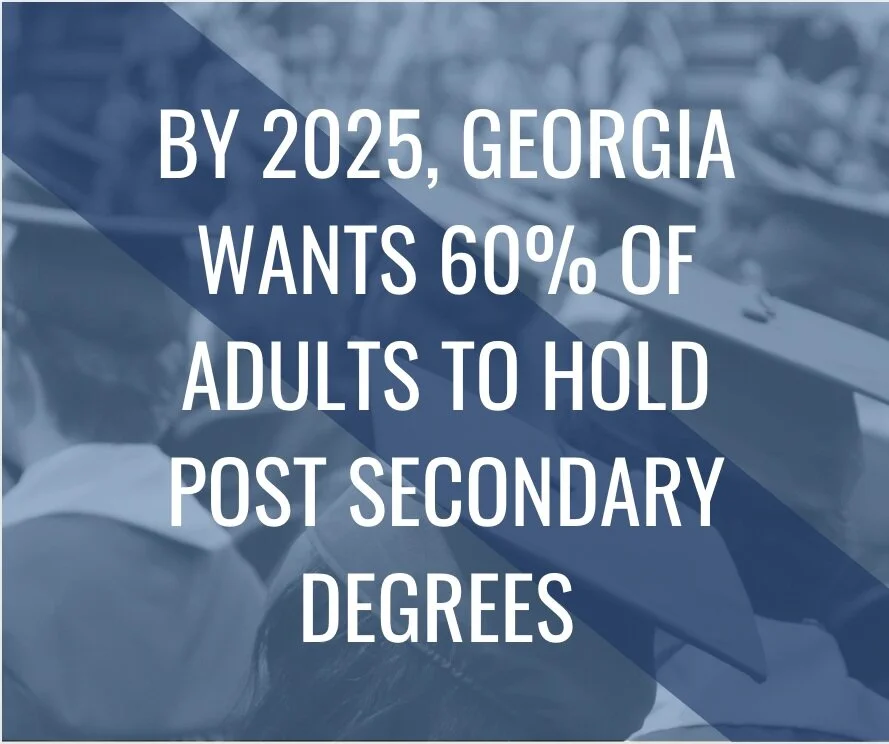We Tackle Real-World Challenges
At Motivate Lab, we believe that research is just the beginning. Our ultimate goal is to use our insights to solve real problems and improve people's lives. We collaborate with teachers, school systems, and government agencies to address some of their biggest challenges.
We Strive for Equitable and Systemic Change
How do we define equity?
First, equity starts with the acknowledgment of systemic bias and privilege in access and opportunities that have resulted in disparate experiences and outcomes for people from historically marginalized and underserved groups.*
Second, equity is engaging in the process of opening and widening access and opportunity by removing systemic barriers.
*The term “historically marginalized and underserved groups” refers to groups of people who have experienced restricted access to resources and opportunities on the basis of their race, socioeconomic status, gender identity, home language, sexual orientation, religion, citizenship, and disability status, and other dimensions of identity.
What does this look like in practice?
We strive to walk our talk. Our equity work includes an ongoing examination of our own individual and collective identities, including how these identities impact our own biases and how we interact with others. We humbly use this knowledge of who we are so that we can be at our best as we engage in equity work with our external partners.
We commit to empathizing and learning before we act. We start by examining our own power and privilege in the system and then focus on the people we want to serve. We empathize and learn by centering those who have been historically underserved and/or systemically marginalized and then work collaboratively with our stakeholders to implement tailored solutions.
We lead with a focus on racial and socioeconomic equity. We have a particular focus on interrogating and deconstructing systemic educational and institutional practices that create inequitable outcomes based on race and socioeconomic status. This is because our social institutions and systems were often designed to perpetuate racial and socioeconomic inequities, and addressing these inequities will make our systems better for everyone.
We commit to action. We commit to counteracting policies, practices, institutional cultures, and ideologies that disadvantage historically marginalized and underserved groups and result in differential outcomes and experiences for these groups.
How will we work together: Our community agreements
The following statements represent our collective agreements and assumptions about how we will interact with each other and engage in work in lab.
We choose to have dialogue.
This work starts with and requires ongoing introspection.
We expect pain points and expect to engage in the repair process.
We see equity-centered work as a journey.
We name our headspace and seek to understand the headspace of others (use "I" statements).
We Ask Tough Questions
We don't shy away from asking the hard-hitting questions that help us to improve the world around us. From K-12 and higher education to summer camp and sports, we are studying the mindsets that lead to deep learning across a variety of settings.
These are just a few of the questions we are working to answer.
For a 2-page printable summary of our largest projects click here | PDF
Learning Mindsets Matter
Mindsets are our beliefs and perceptions about learning. They shape how we interpret difficulty, and research shows they are critical predictors of academic performance, persistence, and motivation. We are primarily interested in three main learning mindsets.
Read more about learning mindsets in the latest publications by Motivate Lab faculty.










